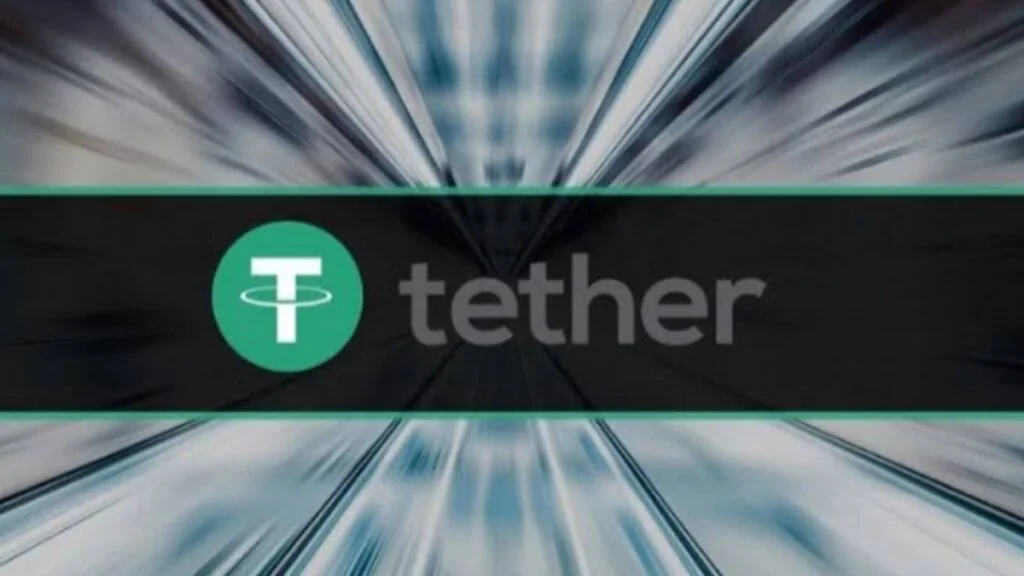Tether is reaffirming its dedication to working with American law enforcement and regulatory agencies in the battle against illegal activity.

By sharing its recent letters with members of the U.S. Senate Committee on Banking, Housing, and Urban Affairs and the U.S. House Financial Services Committee, stablecoin issuer Tether hopes to intensify its campaign against illegal cryptocurrency transactions.
In its initial letter, Tether stressed know-your-customer (KYC) and regulatory compliance measures, stating that the business has established a dedicated Compliance Department operating on a “strong KYC/AML program.”
Furthermore, the business declared that the IRS had reviewed its KYC program on behalf of FinCEN. The stablecoin supplier also disclosed that it employs Chainalysis, a reactor tool that analyzes cryptocurrency market activity and provides reports on transactions in Tether’s secondary market.
Tether purportedly uses reactor to examine blockchain transactions to find wallets linked to questionable behavior or financing of groups considered terrorists by the U.S. government (e.g., Hezbollah and Hamas).
“Tether remains fully committed to using these tools to identify potentially suspicious transactions. We proactively reach out to law enforcement and anti-terrorist financing agencies and inform them of suspicious activity or wallets.”
Tether relies on working with law enforcement to shut wallets containing questionable transactions. Tether is collaborating with the Federal Bureau of Investigation (FBI) and the U.S. Secret Service to track parties using stablecoins to fund illicit activities and to return funds from thieves to victims, according to the platform’s second widely circulated letter, which is still addressed to Sen. Cynthia Lummis and House Representative J. French Hill from Arkansas.
The letter also showed Tether’s cooperation with the U.S. Department of Justice, Secret Service, and FBI in freezing 326 wallets using their recently implemented policy, which purportedly included about 435 million USDT. A passage taken from Tether’s letter to Representative Hill and Senator Lummis:
“Our alignment with the Office of Foreign Assets Control (OFAC) Specially Designated Nationals (SDN) List is a proactive stance in security, not merely a compliance measure. By expanding our sanctions controls to the secondary market, we are setting a precedent in the industry, leading with foresight and vigilance.”
The business went on to state that it has “established a new standard in its commitment to security” and is concentrating on fostering connections with law enforcement in the hopes that other businesses will take note. According to Tether, working with financial authorities should be “the norm, not the exception.”
